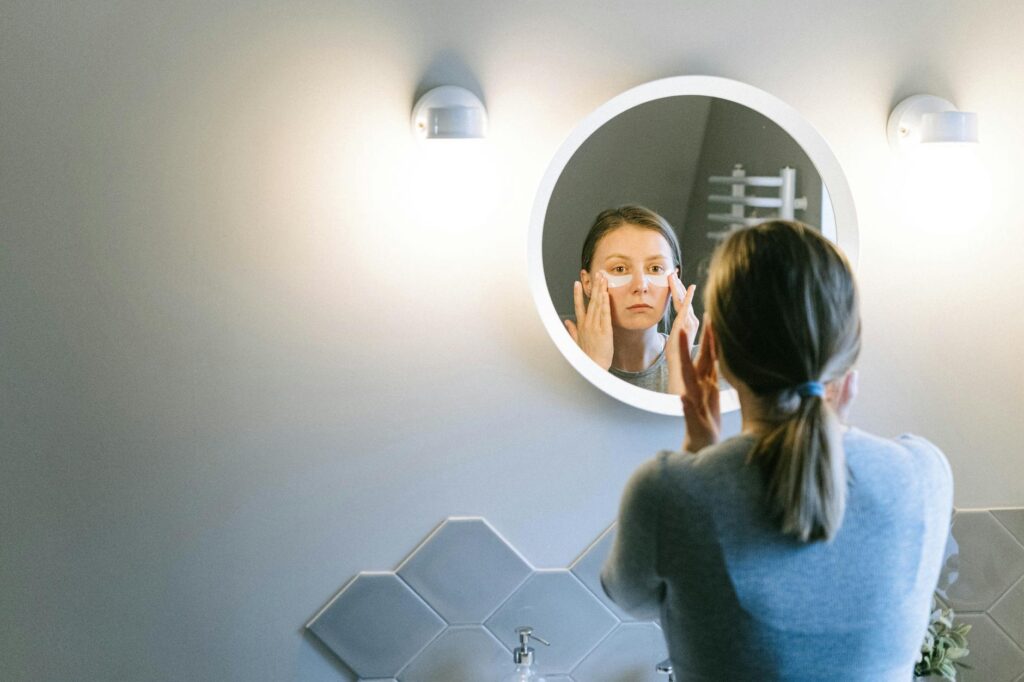What is reflective focus sessions?

What is reflective focus sessions?
Reflective focus sessions are a powerful tool for enhancing productivity and personal development. They serve as a dedicated time for individuals to step back, evaluate their thoughts, and engage in deep reflection about their goals, experiences, and strategies. The purpose of these sessions is not merely to check tasks off a list, but to cultivate a deeper understanding of oneself and to foster meaningful growth. This practice encourages us to explore what truly matters and how we can align our actions with our core values.
Understanding Reflective Focus Sessions
Definition and Overview
Reflective focus sessions are structured periods of time where individuals concentrate on their thoughts and feelings about specific topics or experiences. During these sessions, the goal is to create a quiet space for contemplation, allowing for insights to emerge that might otherwise be overshadowed by the noise of daily life. This practice can take various forms, including journaling, meditative practices, or guided discussions with peers.
The main characteristics of reflective focus sessions include:
- Intentionality: Each session has a clear focus, whether it’s personal growth, professional development, or creative exploration.
- Mindfulness: Participants engage in the present moment, acknowledging thoughts without judgment.
- Goal Orientation: Sessions are designed with specific outcomes in mind, helping to channel energy effectively.
Purpose and Benefits
The primary purpose of reflective focus sessions is to enhance self-awareness and clarity. Engaging in this practice can lead to a multitude of benefits:
- Enhanced Clarity: By reflecting on experiences, individuals can gain insight into their values and priorities. This clarity helps in making informed decisions.
- Improved Productivity: Focused sessions allow for a deeper dive into tasks, leading to better outcomes. This practice can increase efficiency in both personal and professional contexts.
- Emotional Resilience: Regular reflection helps in processing emotions, which can reduce stress and improve overall well-being.
- Goal Alignment: By examining current goals and aspirations, individuals can adjust their paths to stay aligned with their true desires.
To explore the benefits of reflective practice further, you can check out resources from the Devereux Center on how reflective practice sessions can enhance professional skills.
How to Conduct Reflective Focus Sessions
Setting Goals
Before diving into a reflective focus session, it’s crucial to set clear, achievable goals. Goals should be SMART: specific, measurable, achievable, relevant, and time-bound. By defining what you want to accomplish during the session, you create a framework that guides your reflection.
For example, instead of a vague goal like “improve productivity,” you might aim for “identify three strategies to manage my time better by the end of the session.” This clarity will help keep you focused and engaged.
Creating a Conducive Environment
The environment plays a significant role in the effectiveness of reflective focus sessions. Choose a space that minimizes distractions and promotes tranquility. This could be a quiet room in your home, a cozy café, or even a peaceful outdoor setting. Consider lighting, seating comfort, and any materials you might need, such as journals or meditation tools.

Photo by Ivan Samkov
Techniques for Reflection
There are various techniques that can enhance your reflective focus sessions. Here are a few effective methods:
- Journaling: Write down your thoughts, feelings, and insights. This not only clarifies your mind but also serves as a record of your progress over time.
- Mindfulness Meditation: Spend a few minutes focusing on your breath or engaging in a body scan. This practice can help you become more aware of your thoughts and feelings.
- Guided Questions: Use open-ended questions to prompt reflection. For instance, “What did I learn from my experiences this week?” or “How do my current actions align with my values?”
Incorporating Reflective Focus Sessions into Daily Life
Scheduling Regular Sessions
To reap the benefits of reflective focus sessions, it’s essential to integrate them into your routine. This could mean setting aside a specific time each week or month dedicated solely to reflection. Consistency is key here; regular sessions help reinforce the habit of introspection.
Consider using tools like calendars or dedicated apps to remind you of your scheduled sessions. The more routine these sessions become, the more natural they will feel.
Adjusting Focus Areas
As you progress, it’s important to periodically evaluate and adjust your focus areas. Reflective focus sessions should evolve based on your changing goals and circumstances. Regularly ask yourself:
- Are my current goals still relevant?
- What new insights have emerged that can influence my focus?
This adaptability ensures that your sessions remain impactful and aligned with your personal development journey.
Measuring the Impact of Reflective Focus Sessions
Tracking Progress
To gauge the effectiveness of your reflective focus sessions, start tracking your progress. This could be through personal journals, spreadsheets, or dedicated apps that allow for easy logging of insights and outcomes. By documenting your reflections, you can look back to see how far you’ve come and identify patterns over time.
Evaluating Changes in Productivity and Well-being
Finally, assess how these sessions influence your productivity and overall well-being. Consider questions such as:
- Have I noticed a decrease in stress levels?
- Am I more focused and efficient in my tasks?
- How have my reflections shaped my decision-making?
By evaluating these changes, you’ll be able to determine the true impact of your reflective focus sessions and refine your approach as needed.
Conclusion
Reflective focus sessions offer a unique opportunity to step back from the chaos of daily life and engage in meaningful introspection. By setting clear goals, creating a conducive environment, and employing effective reflection techniques, you can unlock deeper insights and enhance your productivity. The key is consistency and adaptability—make these sessions a regular part of your routine, and you’ll likely see significant improvements in both your personal and professional life. So why not start your own reflective focus sessions today? Your future self will thank you.